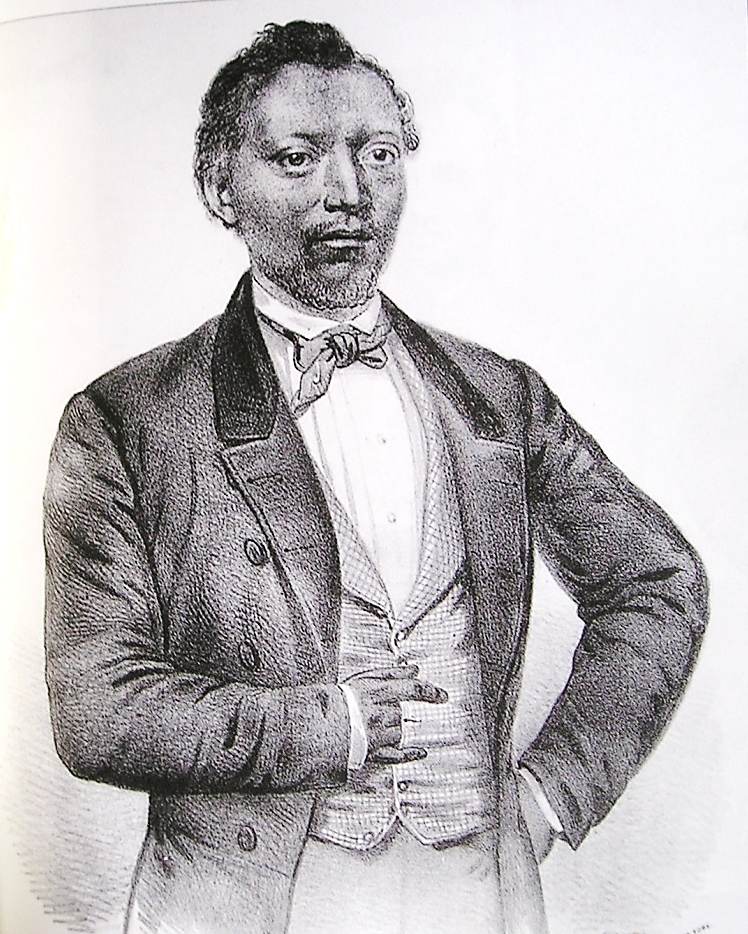William Tillman
In 2009 the OBMG honored William Tillman (c. 1834 – ?) who recaptured his vessel, the S. J. Waring, in July 1861 from Confederate pirates, safely sailed it back to New York, fought the court system of the times and emerged as one of the first African American maritime heroes of the Civil War.
He was born in Milford, Delaware, around 1834. Although most black Delawareans of his time were born into slavery, Tillman belonged to a family of free blacks. Around 1850, Tillman began working as sailor, eventually to be hired by Jonas Smith & Co.
The S. J. Waring, owned by Jonas Smith & Co., set sail from New York on July 4, 1861, with Tillman among her ten-man crew, sailing as a steward. Three days later, the ship was seized by Confederate privateers who decided to sell Tillman into slavery after docking in Charleston. On July 16, Tillman waited until dark and struck both the captain and second mate multiple times in the head with a hatchet that he had hidden from the Confederates. A first mate who awoke was also killed in a similar fashion. The wounded men were thrown overboard to die. The entire operation took only eight minutes. The remaining Southern shipmen were caged, and Tillman assumed captaincy of the Waring, which he successfully navigated back to New York Harbor, reaching it on July 21. Tillman was warmly received by everyone. When asked if he had encountered any "difficulty" in mastering the men he had killed, Tillman replied: “They struggled a little, but I put them overboard quicker than lightning. They all had breathing life in them, and as they sank in the sea my heart palpitated slightly. It was a feeling of sorrow that I had been compelled to sacrifice human life. Everything being as still as midnight on the sea could possibly make it, I felt a shuddering sensation, but as soon as I felt the cause which impelled me on to the deed, I felt relieved.”
No criminal charges were filed against Tillman. He was approached by P. T. Barnum to make appearances at his museum; however, audience response was varied, with some denigrating William Tillman as a "villain" and "murderer". For his efforts in recapturing the Waring, Tillman was awarded $7,000 by a Judge Shipman on February 6, 1862, after a salvage trial was established by the same judge on October 28 of the preceding year. The award was affirmed on May 13, 1862, after an appeal by Jonas Smith & Co. Jonas Smith's legal team had unsuccessfully argued that Tillman and the other salvors were not entitled to salvage because they were "ignorant of navigation" and, in Tillman's case, had acted out of selfish intent.
Tillman wed housekeeper Julia Prophet on January 15, 1863. The couple had one son, Frederick (c. 1869 – ?). He registered for conscription in June of the same year but it is not known if he actually performed military service during the Civil War. The date and place of his death are unknown; historian Gerald Henig asserts that "no verifiable evidence" exists to account for Tillman's final years.
Many of Tillman's contemporaries, including notable figures in the African American community, paid tribute to him. Frederick Douglass likens him to the slave rebels Nat Turner and Denmark Vesey in his August 1861 Douglass' Monthly column titled "A Black Hero", adding that Tillman "walked to his work of self-deliverance with a step as firm and dauntless as the noblest Roman of them all". Booker T. Washington devotes two pages of his 1900 work A New Negro for a New Century to narrating Tillman's recapture of the schooner and praising him for being "as brave as a lion".

